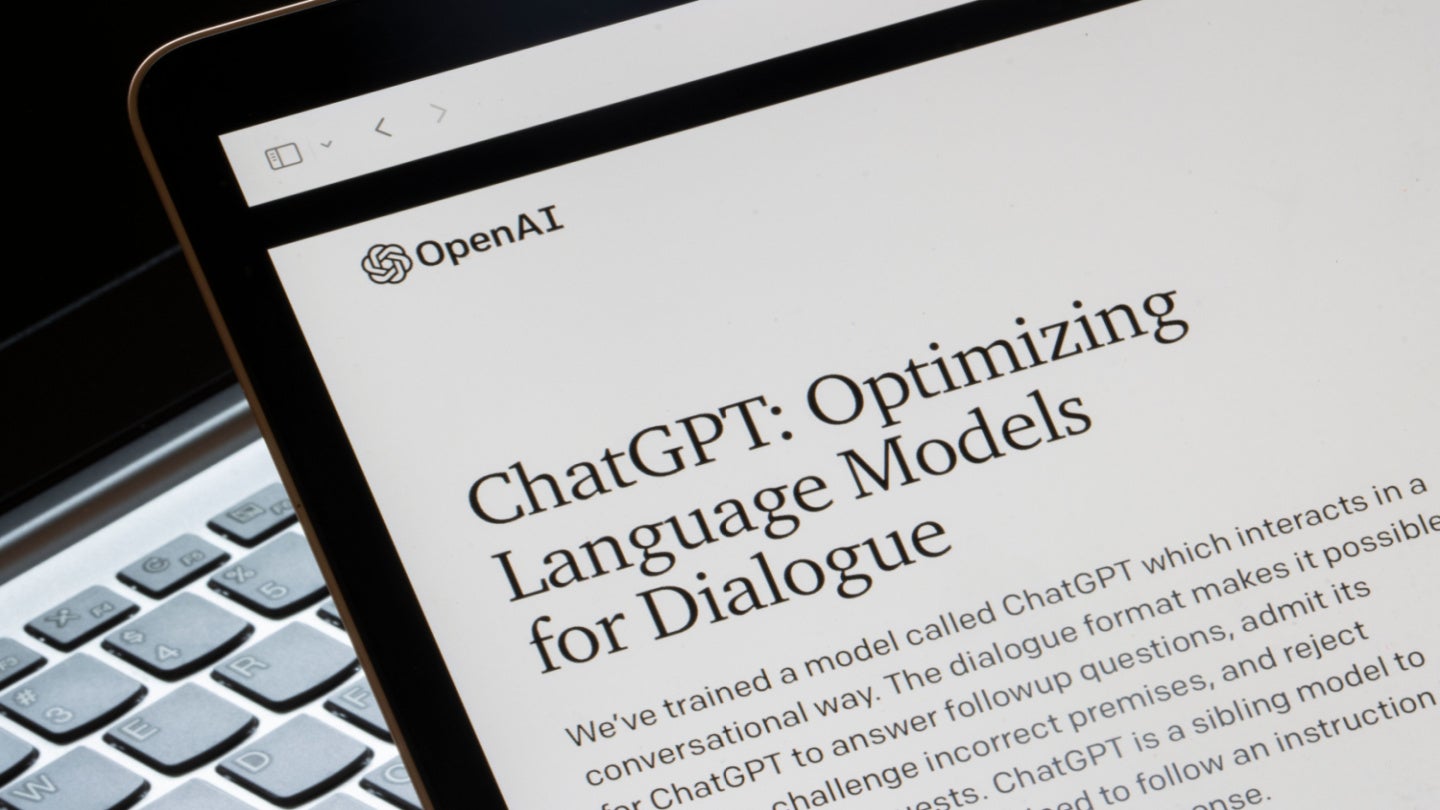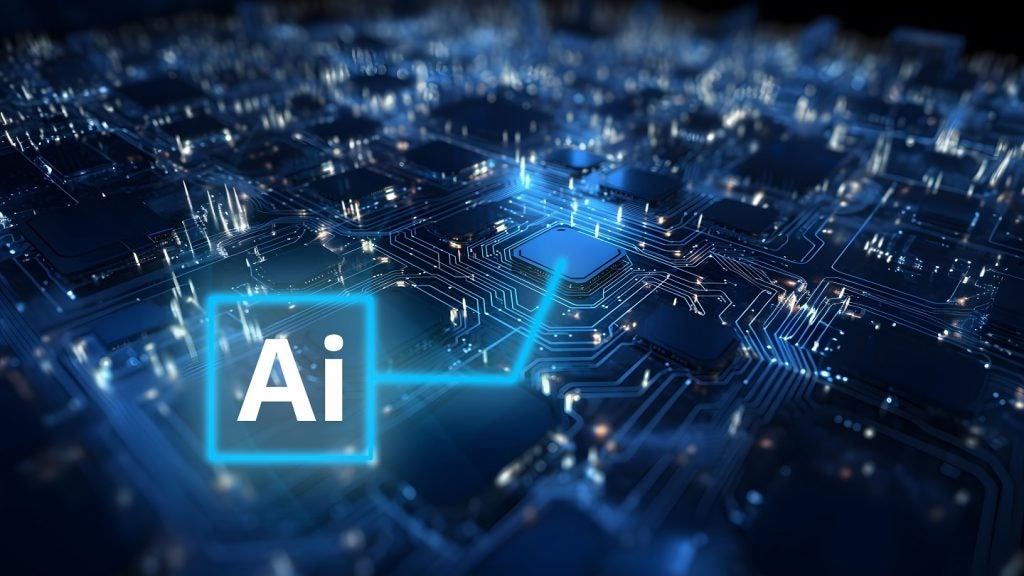ChatGPT has been making headlines for the last few weeks, with many being keen to outline both its benefits and limitations. Some have welcomed it as a useful tool in assisting them in their job and others are worried that it might steal theirs.
Why is everyone so surprised by ChatGPT?
The reality is that this technology is not particularly revolutionary and shouldn’t be seen as a surprise to anyone. It is not a sudden invention or has sprung up out of nowhere. It has been slowly developed over many years. As Yann LeCun, Meta’s chief AI scientist explains: “there are half a dozen start-ups that basically have very similar technology” and “there’s no secret behind it”. The reason ChatGPT has taken off is that it has been done well, alongside its accessible user interface and clever marketing and media traction.
The technology is undoubtedly impressive and may eventually have weighty consequences in certain fields. However, in its current form, it gives no references and is often inaccurate.
Only a few weeks after the technology went live, it was banned on Stack Overflow over concerns of flooding the site with inaccurate content. More recently there have been concerns over people using the bot to deceive their professors in schools and universities, especially after the program was able to pass an MBA exam. This negative reaction is par for the course with these technologies. Other generative AI products like DALL-E 2 caused similar stirs and were banned from certain sites and art competitions.
An uncertain future
ChatGPT has certainly shaken up the world of Big Tech, with Microsoft confirming a $10 billion investment in its creator Open AI. This can be perceived as a direct challenge to Google’s AI research with the Financial Times claiming that they are “using it to challenge Google, reawakening an old rivalry that has simmered since Google won the search wars a decade ago”.
Most importantly, the thing that proves we are not ready for these advancements in AI is our attitude. It is the nature of the human psyche; people do not know enough about it and are scared of it. Historically, ignorance and fear have been proven to be especially dangerous emotions. When people are scared or do not understand something, it fosters anger. And those that are not angry are approaching it as a competitive leveraging tool.
How well do you really know your competitors?
Access the most comprehensive Company Profiles on the market, powered by GlobalData. Save hours of research. Gain competitive edge.

Thank you!
Your download email will arrive shortly
Not ready to buy yet? Download a free sample
We are confident about the unique quality of our Company Profiles. However, we want you to make the most beneficial decision for your business, so we offer a free sample that you can download by submitting the below form
By GlobalDataNewly developed AI will not foster a good relationship in this environment, meaning that any time a new platform, function, or product is released, people will react to it with suspicion and outrage instead of excitement and collaboration. Of course, it is necessary to proceed with informed caution, but knee-jerk and reactive receptions will mean that humanity may lose in its own battle to live in harmony with new and inevitable technological advancements.








